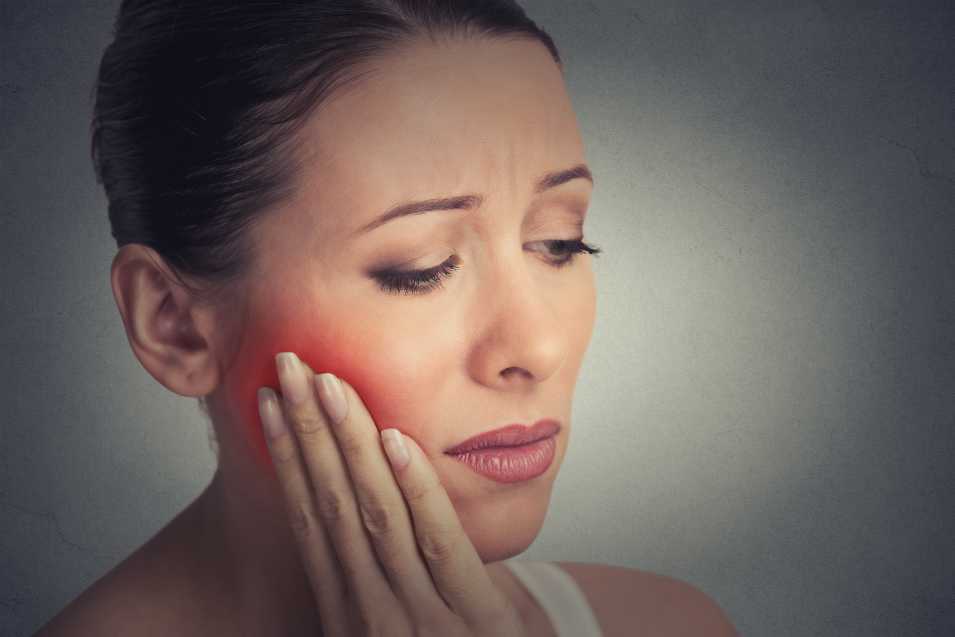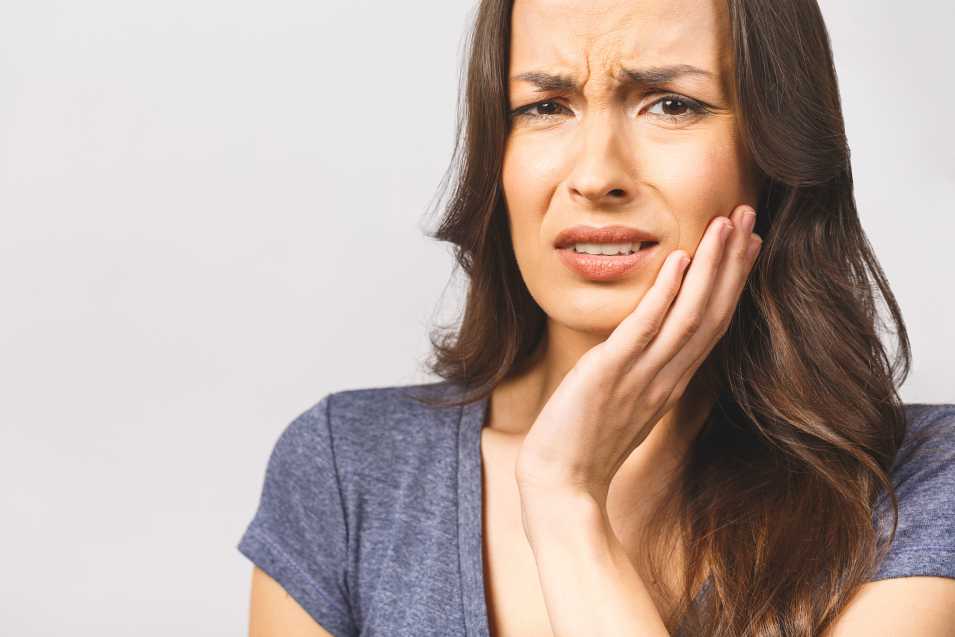Headache After Dental Work; Having a headache after dental work can be a nightmare. But don’t worry, there are some suggestions that can be of use to you as you go through it.
Dry socket for headache after dental work
Getting a dry socket headache after dental work is a symptom of an infection in the jawbone. An infection will not get better on its own. A dentist may recommend antibiotics, which are necessary to stop the infection from spreading.
Dry socket pain might last days. Warm compresses around the extraction site may alleviate pain. Reduces edema and inflammation.
Another thing you can do is to brush the teeth around the dry socket. Do this gently to avoid causing irritation. You should also rinse your mouth thoroughly to remove any debris.
Bruxism for headache after dental work
Bruxism is a condition that causes jaw clenching and grinding. This can cause a range of dental problems, from damage to the teeth to jaw pain and headaches.
In order to prevent teeth from becoming damaged, dentists may recommend a mouthguard. These are flexible, plastic devices that fit over your teeth while you sleep. They are also used during the day to protect your teeth from damage.
Some other treatments for bruxism include restorative dentistry and dental splints. Splints can be specially designed by your dentist to cover part or all of your teeth. They can help to reduce the occurrence of clenching and grinding.
Related Article: Osseous Surgery – Dental Treatment
Pulpitis for chronic headache after dental work
Symptoms of pulpitis may include pain, sensitivity and swelling. It is important to seek treatment if you experience these symptoms. Pulpitis can cause permanent damage to teeth if not treated. It can also spread to soft tissues in the neck and head.
A dentist can diagnose and treat pulpitis based on symptoms and dental x-rays. Treatment includes cleaning and removing carious tissue, filling the cavity and restoring the tooth.
If you feel a sharp pain in the pulp of your tooth, contact your dentist immediately. Your dentist can also perform a sensitivity test to check if the pulp is alive. If it is not, your dentist will need to remove the infected pulp.
Related Article: Headway Therapy Review
Aspirin for headache week after dental work
Using aspirin for headache after dental work may help to reduce your pain and swelling. However, it is not recommended for everyone, and the medication can have serious side effects.
Discuss the potential side effects and benefits of the medicine with your healthcare provider before starting treatment.
Aspirin is a nonsteroidal anti-inflammatory drug (NSAID), which means it blocks the production of natural substances that cause pain. Aspirin also slows down clotting, which reduces the risk of stroke and heart attack. It is commonly used for mild to moderate aches and pains.
Aspirin is available over the counter, but it can be dangerous to take without a prescription. Telling your doctor whether you are taking the drug to avoid a cardiovascular event, such as a heart attack, is something that you should always do.

Antibiotics headache after dentist
Using antibiotics headache after dental work is a common way to treat bacterial infections. It will kill the bacteria that cause an infection and help prevent it from returning. But there are some downsides to taking antibiotics, including nausea and diarrhea.
Antibiotics are also not suitable for everyone. Some people have allergies to penicillin. They may take an alternative form of the drug, such as azithromycin.
It is important to take antibiotics as directed by your doctor, and to take the entire course prescribed. Pain medicines that are available without a prescription, such as ibuprofen and acetaminophen, are another option for dealing with the discomfort you are experiencing.
Avoiding dental work after tooth extraction
Keeping up good oral hygiene after tooth extraction is important to ensure that the area heals properly. This includes avoiding eating hard and crunchy foods like chips and seeds.
It is also recommended to avoid using mouthwash that contains alcohol. Instead, use a medicated mouthwash to clean the affected tooth. If you are unsure, ask your dentist.
Some people experience headaches after dental work. This is a result of tension and stress. The pressure causes that the facial structure undergoes during the procedure. The tension spreads from the gums to the head and can result in muscle cramps. This can last for several days.
Related Article: Head Massage NYC
